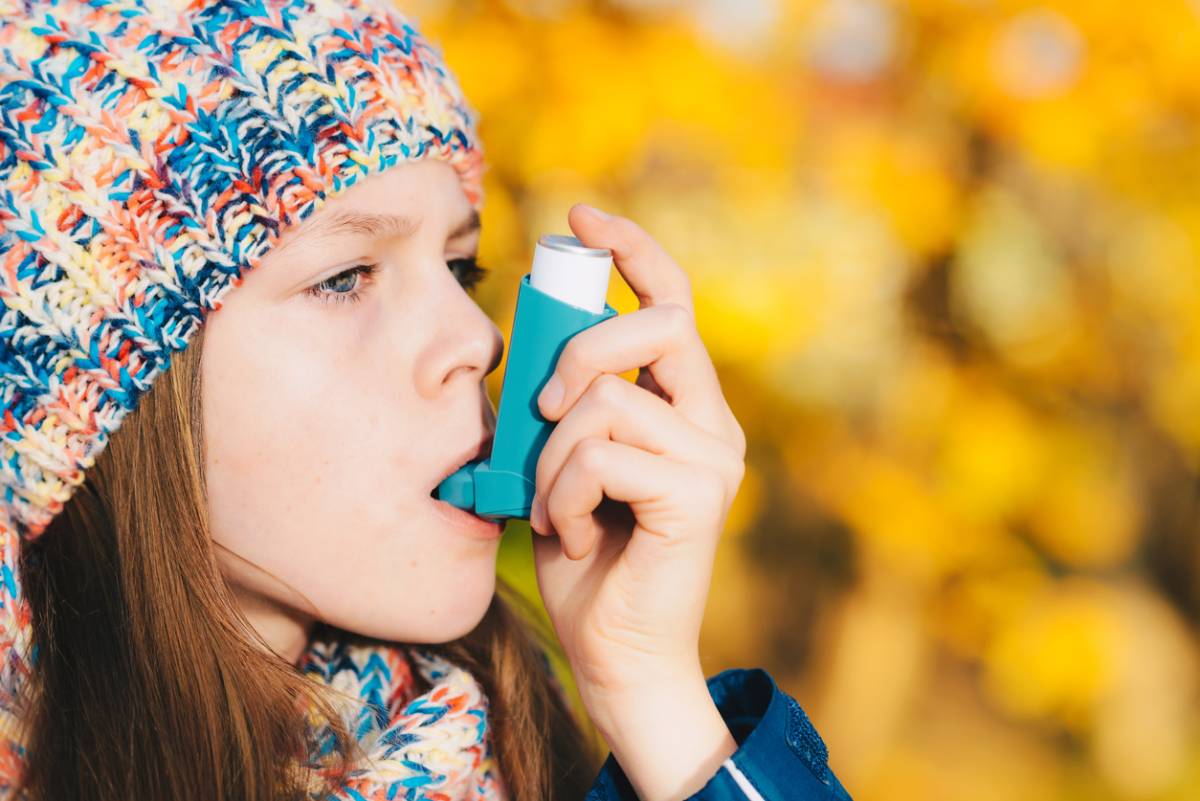We often assume that winter is the worst season for childhood asthma. This assumption is partially true but doesn’t encapsulate the whole picture. But what really proves the worst season for childhood asthma.
Worst Season for Childhood Asthma
The cold, dry air can cause inflammation in your airways, which certainly will aggravate asthma. However, winter is by no means the only time of year that will need to carefully manage your child’s asthma.
Asthma is not seasonal. There are potential triggers in every season, but some may be more challenging for your child’s asthma than others. In order to prepare, you will want to discuss your child’s asthma triggers with your pediatric pulmonologist in Manhattan.
Allergic Asthma
Allergies and asthma frequently co-occur. Depending on your child’s allergies, some seasons might be more difficult than others.
Paying attention to specific trends in your child’s symptoms or having an allergy test with your asthma specialist in New York City can help you to understand what your child needs to feel well.
There are plenty of different allergens that proliferate throughout the year depending on your weather, region, and local ecosystem. However, there are some known troublemakers that you might look out for depending on the season.
Spring:
Pollen counts are at an all-time high in many regions during the spring. If your child experiences hay fever, spring allergies, or worsening asthma symptoms during this season, pollen is likely responsible. Using medication designed for daily management can help.
Summer:
Pollen counts remain moderately high during the summer. If your child is out and about, they may continue to struggle with pollen. Other common summer irritants include high ozone levels, high humidity, and smoke. Schedule your time outside to minimize exposure.
Fall:
The flowers and trees had their time in the spring, but in many regions weeds take over in the fall. Ragweed can be particularly aggressive and extra problematic for people with pollen allergies. If you live in a colder climate, then dropping temperatures may play a role as well. Keeping weeds in check around your home can help reduce their symptoms.
Winter:
Indoor allergies and cold weather are the top winter asthma complications. If your child has a dust allergy, then spending extra time indoors can aggravate their asthma symptoms. Installing a HEPA air purifier and keeping their nose and mouth covered outdoors can help.
Non-Allergic Asthma
If your child doesn’t have serious allergies, then seasonal changes may be less daunting for you. Talk to your child’s asthma doctor to better understand how changes in temperature and humidity may affect your child’s asthma.
Humid summers and dry winters tend to be the worst for people with asthma. Depending on your local weather and environment, knowing the potential complications will help you plan accordingly.
Serious Asthma Attacks
Your pediatric pulmonologist will work with you and your child to find a management system that minimizes your child’s symptoms and maximizes their ability to enjoy their childhood. However, strong exposure to a trigger may still result in a serious asthma attack.
Planning for Safety
To ensure your child’s safety make sure you have an emergency protocol established with your child’s pediatric pulmonologist. Make a copy of the instructions and make sure every adult in your life has one. Go over the instructions with your child as often as necessary.
- You should also keep emergency supply kits in several locations.
- Leave one with the school nurse
- Keep one in the car
- Have a travel-sized one ready to go with your child whenever they’re out
You never know who will be with them when they have an attack. If everyone knows what to do and has access to the necessary supplies, your child will be much safer.

